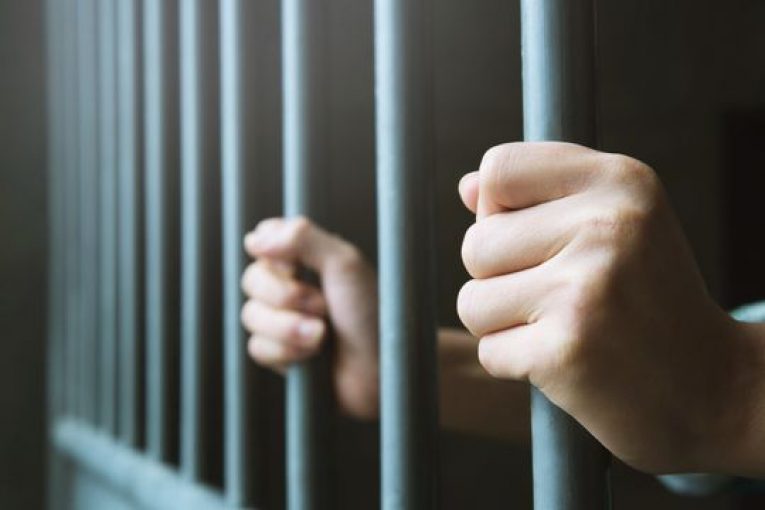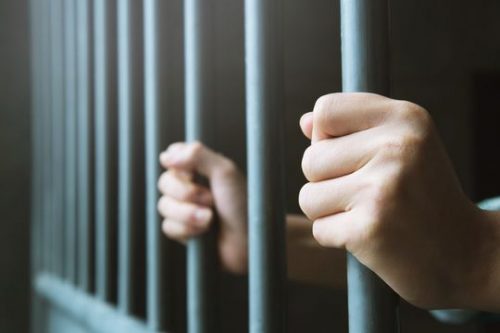

By Ghostwrite Mike and The Mundo Press
CHOWCHILLA, CA – In 1980, State Sen. Henry Mello and Gov. Jerry Brown secured $400,000 to fund one of the first prison arts programs in the nation, the Arts In Corrections (AIC) program, but after more than 40 years of AIC programming statewide, the program was shut down nearly three years ago as the result of lost civil service staff sponsors during the Covid pandemic.
The residents of Valley State Prison (VSP) are poised to restart the program.
Inspired by M. C. Richard’s book, Centering, historian Page Smith and his artist wife Eloise developed a three-year pilot of the Prison Arts Program (PAP) at the State medical facility in Vacaville in 1977.
After six years of data, PAP, now called AIC, found that the program produced $228,522 in measurable social benefits outweighing the $162,790 cost to fund it. Subsequent research showed improved parole outcomes for 177 randomly sampled former AIC inmate-artists, compared with the general population of parolees.
A further study found 74 percent of AIC alums had clean records their first year post-confinement, compared with only 49 percent of other parolees. Extended analysis showed that within two years of their release, 58 percent of non-AIC participants were in trouble again, compared with only 31 percent of AIC grads.
Thirteen years later, a 2000 study reviewed the inmate records of resident artists and musicians, revealing a 75 percent reduction in disciplinary actions among AIC participants, making for a safer work and living environment for staff and residents alike.
Since the late 1800s, incarcerated individuals in the United States have organized peer led arts programming including creative writing, music, theater, audio technology, crafts and resident fundraising efforts driven by those creatives. Today, the AIC provides programming in all of the state’s prisons.
A recent scoping review meta-analysis of 25 studies conducted between 1995 and 2017, that survey carceral arts programmatic outcomes in the U.S, U.K., Australia and the Philippines, reveal improvements in academic, vocational, social-emotional, disciplinary and recidivism outcomes broadly.
VSP resident Scott Behnke, an artist, college student and one of the founding creators of the Art of Recovery & Therapy (ART) program, a resident-facilitated Leisure Time Activity Group (LTAG), describes creativity as a way to move past conformity, compliance and the status quo, saying “a creative person has the ability to engage in lateral thinking, deduce options and is thus less likely to commit harm. When authorities allow us to express ourselves creatively, we rid ourselves of trauma, aggression, and despair.”
Recently, Behnke invited the Barz Behind Bars (B³) workshop facilitators residing at VSP to collaborate with ART and deliver a comprehensive literary performance art curriculum for residents backed by the Ben Free Project, a justice-impacted nonprofit organization committed to centering the lived experience of carceral state residents.
The B³ curriculum is now installed at VSP, and was co-authored in collaboration with writer Benjamin Frandsen, the executive director of the nonprofit Ben Free Project, who told us by text that “harnessing the arts and innovatively using media tools is how we will enable our carceral community’s humanity to be seen, heard and read. Normalization is our currency and art is our language.”
To volunteer with the Ben Free Project, or support the ART and B³ creator communities at VSP, visit the benfreeproject.org.
